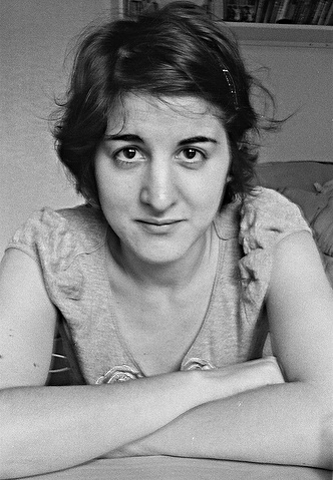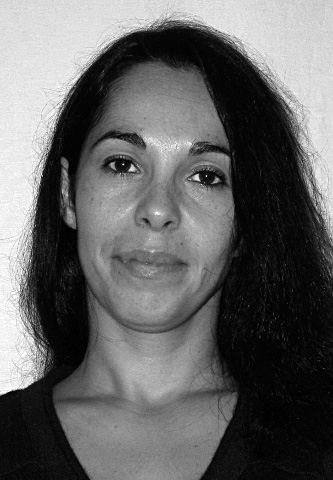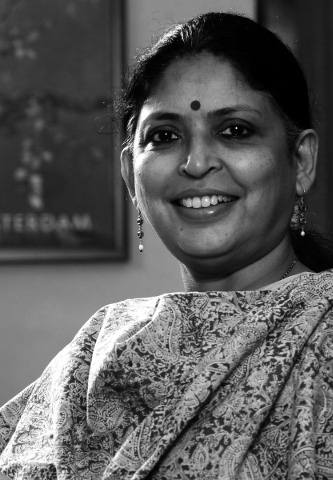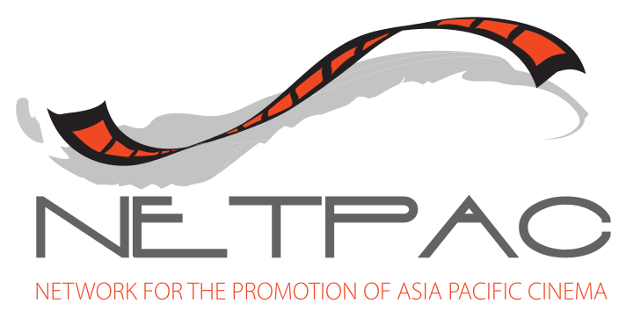Archive - 10th Five Flavours Film Festival
NETPAC: Network for the Promotion of Asia Pacific Cinema

NETPAC is a worldwide non-profit organization set up with the aim to promote a greater understanding and appreciation of Asian films and filmmakers.
Festivals associated in the network present the NETPAC Award for Best Asian Film to acknowledge and promote excellence of Asian cinema.
Five Flavours Film Festival is a NETPAC member since 2016.
NETPAC was founded in 1990 by Aruna Vasudev as the result of a conference organized in New Delhi by Cinemaya, The Asian Film Quarterly, at the request of UNESCO.
It was set up with the aim to promote a greater understanding and appreciation of Asian films and filmmakers at a time when Asian cinema was just coming into its own but was relatively unknown regionally and internationally.
Cinemaya, launched independently by Aruna Vasudev in 1988, became the official journal of NETPAC.
NETPAC brought to international attention independent and non-mainstream films by new directors whose works might well have remained unknown because of a lack of publicity and promotion caused by lack of funds and resources.
Among initiatives that NETPAC has taken over the past 25 years are:
- Presentation of the NETPAC Award for Best Asian Film at more than 40 film festivals throughout the world.
- Publishing and co-publishing books on Asian cinema, among which are: "Modernity & Nationality in Vietnamese Cinema" by Ngo Phuong Lan, the first book on Vietnamese cinema in English by a Vietnamese author; "When Strangers Meet: Visions of Asia & Europe in Film", co-published by NETPAC and the Asia-Europe Foundation, Singapore; translation of the book entitled "Kenji Mizoguchi and the Art of Japanese Cinema" by Tadao Sato; "An Incomplete Sentence – The Cinema of Dharmasena Pathiraja"; "Early Sri Lankan Cinema in Association with South Indian Film Industry"; "Asian Film Journeys: Selections from Cinemaya"; "Malaysian Cinema in a Bottle" by Hassan Abd Muthalib.
- Conferences on Asian cinema have been organized since 1991 in Yamagata, Hawaii, Manila, Singapore, Kuala Lumpur, New Delhi and Jogjakarta.
- Cinefan, the NETPAC Festival of Asian Cinema, which was launched in New Delhi in 1999 and the Jogja-NETPAC Asian Film Festival (JAFF), launched in Jogjakarta in 2007.
- The APSA NETPAC Development Prize launched in collaboration with The Asia Pacific Screen Awards (APSA), worth US$10,000 and awarded to an emerging filmmaker from Asia.
NETPAC also played an instrumental role in the development of Asiapacificfilms.com which is an Asian Pacific digital film library streaming artistic and culturally significant films from Asia and the Pacific. The site was launched in October 2009 and now has a wide network of contacts among film festivals, film organizations, government and non-government agencies, film scholars, critics, programmers and festival directors with whom we work collaboratively in mutually beneficial activities to advance the cause of Asian cinema.
Five Flavours Film Festival is a NETPAC member since 2016. during the jubilee 10th edition the NETPAC Jury awarded the best new Asian film for the first time at Five Flavours. The jury members were:
 Wafa Ghermani, PhD (France)
Wafa Ghermani, PhD (France)
Film specialist focused on Taiwan film history and the question of national identity.
She published in magazines such as "Film Appreciation" (Taiwan), "Monde Chinois" (France), "Kino" (Poland), as well as participated in publication "Taiwan Cinema" (Asiexpo) and translation of the script of "La cité des douleurs" (L'Asiathèque).
She co-organizes Rencontres du Cinéma Taiwanais festival in Paris and besides works as a consultant for numerous film events focused on Asian cinema, such as Vesoul International Film Festival of Asian Cinema (Festival International des Cinémas d'Asie de Vesoul).
 Mara Matta, PhD (Italy)
Mara Matta, PhD (Italy)
She specializes in South and East Asian studies and currently is a researcher in South Asian Studies at the Sapienza University of Rome, where she teaches Modern Literatures of the Indian Subcontinent. Her research focuses on indigenous literatures, cinemas and performing arts along/across South Asian borderlands. She also works on writings and cultural productions by South Asian migrants in Italy, especially Bangladeshis.
In 2005-06 she was awarded a MA in Theatre and Development at the East Anglia Iniversity of Norwich (UK). Her interest in theatre and cinema as tools of social change has led her to meet different theatre activists and filmmakers in India, Nepal, Bangladesh, Italy and UK. She is a member of the NETPAC and of the Archive of Migrant Memories (AMM, Rome). She is currently working on her publication "Bidrohinis: Writings of Adivasi Women of Bangladesh. The Diary of Kalpana Chakma and Other Literary Dimensions of Dissent".
A monograph study on social and political theatre in Nepal, "Nepal: A Theatre for Better Reasons" (2015), is among her recent publications.
 Bina Paul (India)
Bina Paul (India)
She graduated from the Film and Television Institute of India (FTII) with a specialisation in editing.
She has edited over 40 feature films and has worked with illustrious directors like G Aravindan, John Abraham and P N Menon. She is a recipient of two National Film Awards and numerous State Awards for editing.
Besides, she was the Artistic Director of the International Film Festival of Kerala for fourteen years and has been instrumental in shaping it into an important international event.
She served on the juries of various international film festivals including those held in Locarno, Durban, Morocco and Berlin.
Currently she is the Regional Director of the LV Prasad Film Academy at Thiruvananthapuram, Kerala, as well as a regular faculty at the FTII and CDIT (Centre for Development of Imaging Technology; Science & Development Documentary Course).
She also serves as a Vice President of the NETPAC network.




